Vladimir Durković
Vladimir Durković is considered one of the best Yugoslav defenders in history, but he met a tragic fate at the end of his career.
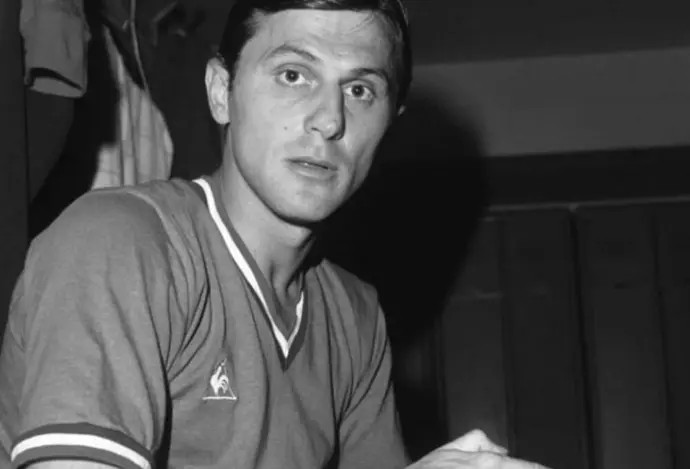
Games
Goals
Assists
Trophies
1953/55 Napredak Kruševac (YOU)
1955/66 Red Star Belgrade (YOU) 221 matches, 3 goals
(Yugoslav League: 177 matches, 7 goals)
(Yugoslav Cup: 24 matches, 1 goal)
(European Champion Clubs' Cup: 8 matches)
(UEFA Cup: 12 matches)
1966/67 Borussia Mönchengladbach (GER) 10 matches
1967/71 Saint-Étienne (FRA) 155 matches
(French Championship: 116 matches)
(French Cup: 25 matches)
(Champions Challenge: 2 matches)
(European Champion Clubs' Cup: 12 matches)
1971/72 FC Sion (SUI) 27 matches
(Swiss Championship: 25 matches)
(Swiss Cup: 2 matches)
With the National Team :
50 caps
(Friendly matches: 24 caps)
(World Cup qualifiers: 6 caps)
(World Cup: 6 caps)
(Euro Qualifiers: 3 caps)
(Euro: 2 caps)
(Olympic Games qualifiers: 4 caps)
(Olympic Games: 5 caps)
First cap: October 11, 1959 against Hungary (2-4)
Last cap: June 1, 1966 against Bulgaria (0-2)
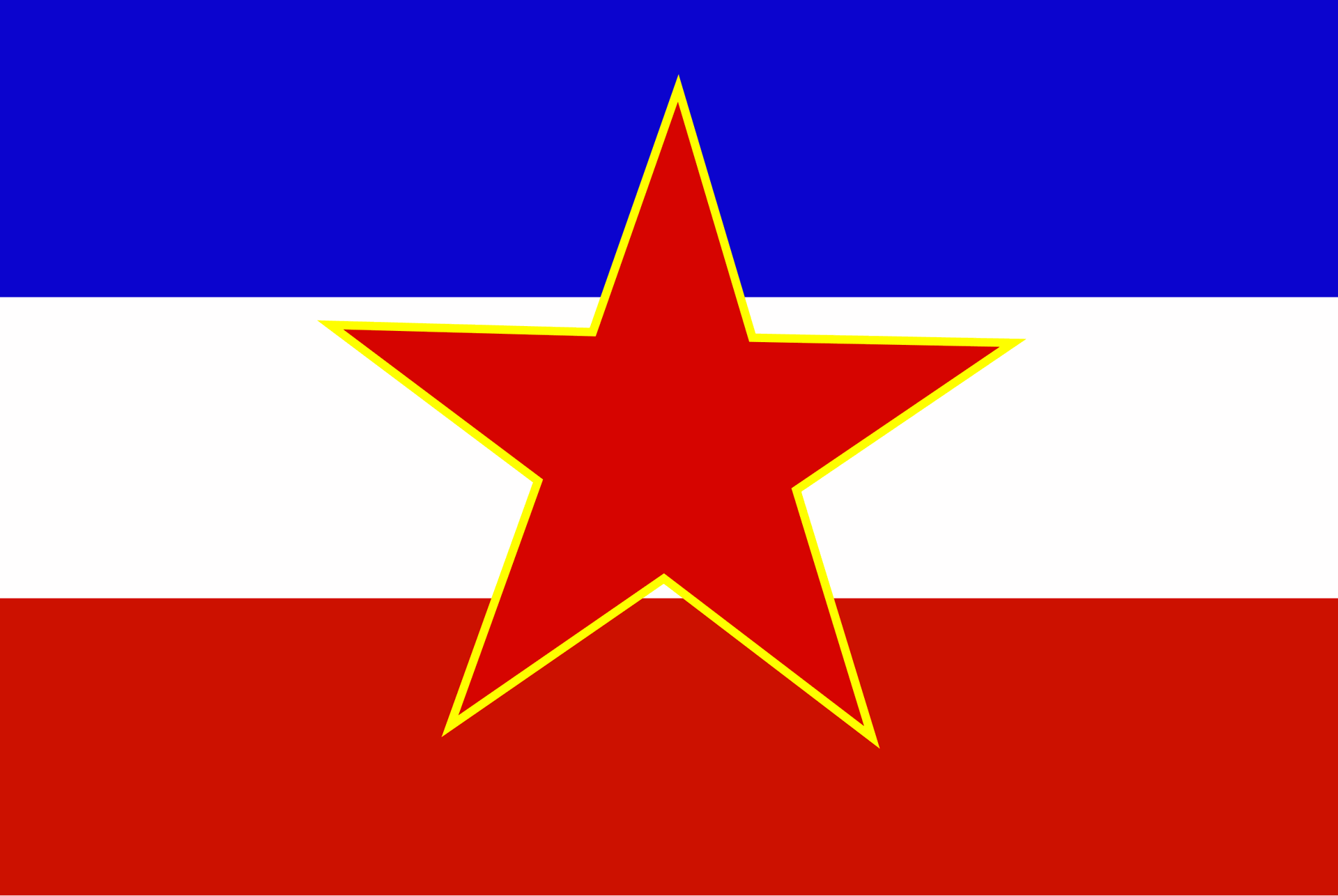
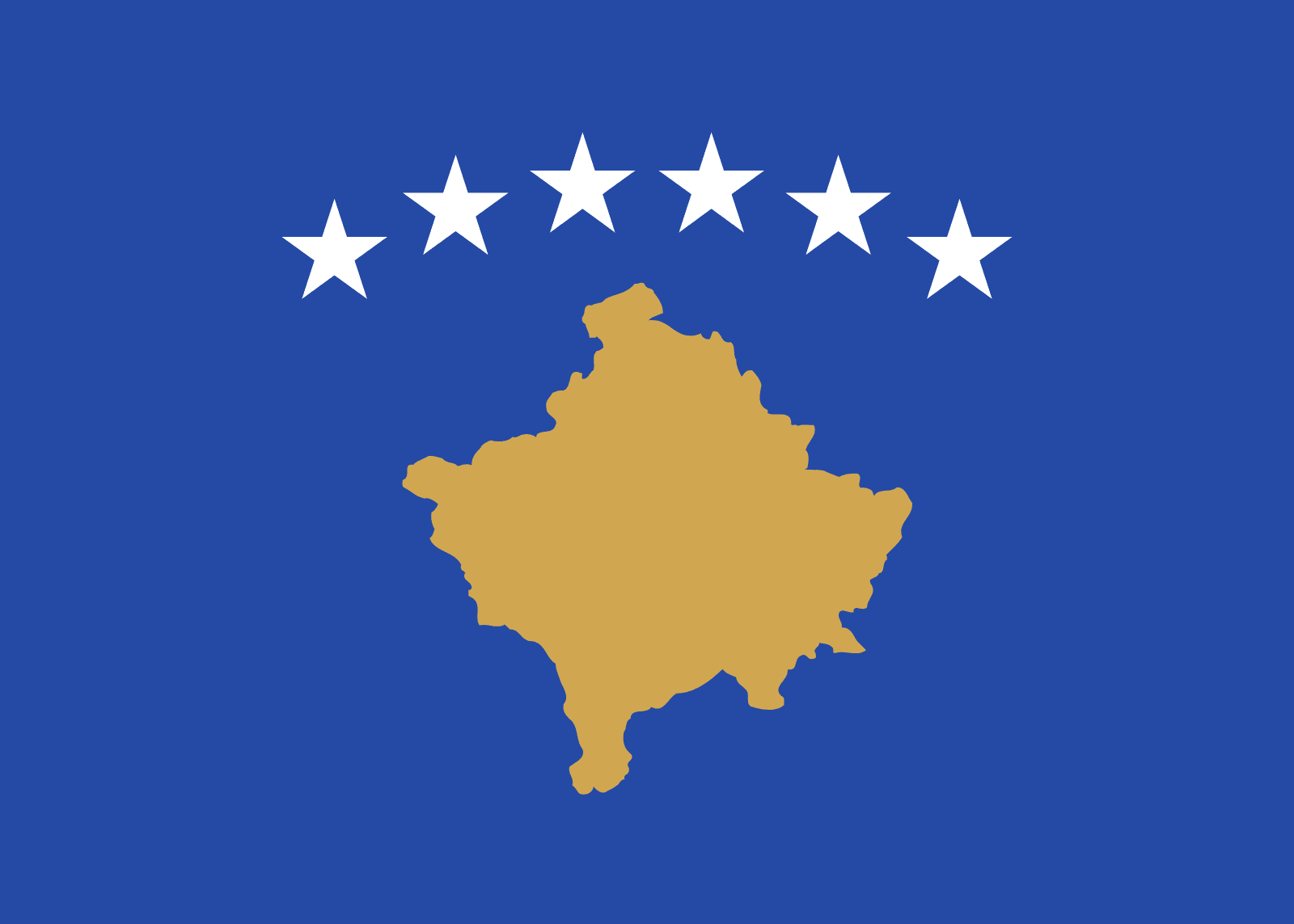
Vladimir Durković
Born November 6, 1937 in Đakovica (YOU)
Died June 22, 1972 in Sion (SUI)
Yugoslav, Center-Back, Right-Back, 1.77 m (5'10")
Nickname: "Vladi"
A solid and promising defender
Vladimir Durković was born on November 6, 1937, in Đakovica, Yugoslavia. Born into an intellectual family, his passion for football was frowned upon. The young boy was criticized and threatened by his father, who told him to choose between home and football. Passionate about it, he chose sports.
Quickly spotted by Red Star Belgrade after spending two years at Napredak Kruševac, the young man's career took off. He became a regular in the club's defense at right back. Incredibly good, he became an international player at the age of 22.
With his club, he quickly won trophies, and the team was one of the best in the world. A five-time Yugoslav champion during the 1950s and 1960s, he also won an international cup, the Mitropa Cup in 1958. He also won the Yugoslav Cup three times.
The defensive leader of Greater Yugoslavia
With Yugoslavia, the player became a regular starter and was part of the great Yugoslav team of the early 1960s, which was one of the best teams in the world. He finished as a finalist in the 1960 Euro and fourth in the 1964 World Cup. But above all, he won the 1960 Olympic Games in Rome.
In 1966, at the age of 28, he was finally able to leave Eastern European football and join another country. He joined Germany and another major European club, Borussia Mönchengladbach. But his adventure in Germany was a complete failure; he failed to adapt to German football and left the country after only one year.
From return to the top to drama
It was then that AS Saint-Etienne saw the opportunity to find a world-class defender. The club made no mistake, as the defender rediscovered his form and became one of the best defenders in the French league. A fighter in the best possible way on the pitch, his character was appreciated by fans and his coaches.
The fiery defender had a strong temper with his opponents and teammates alike. In 1969, after the 2-0 defeat to Bayern Munich, he declared that the French didn't know how to fight. In four years in France, he won the French championship three times and two French Cups.
Nearly 34 years old, the player decided to end his career quietly by signing for FC Sion in Switzerland. But the adventure turned tragic when, on June 22, 1972, he was shot dead by a drunken police officer outside a nightclub. He was only 34 years old.
Trophies :
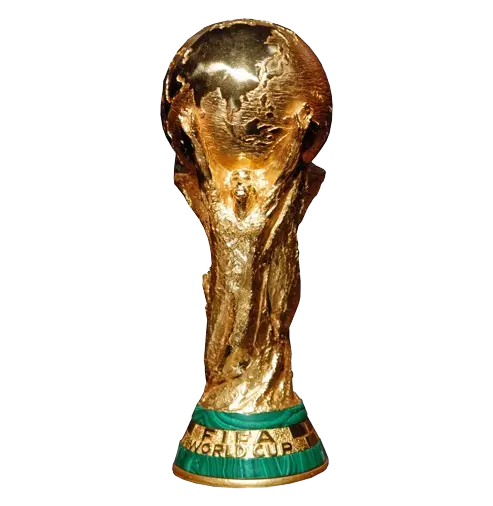
4th at World Cup x1
- 1962 (Yugoslavia)
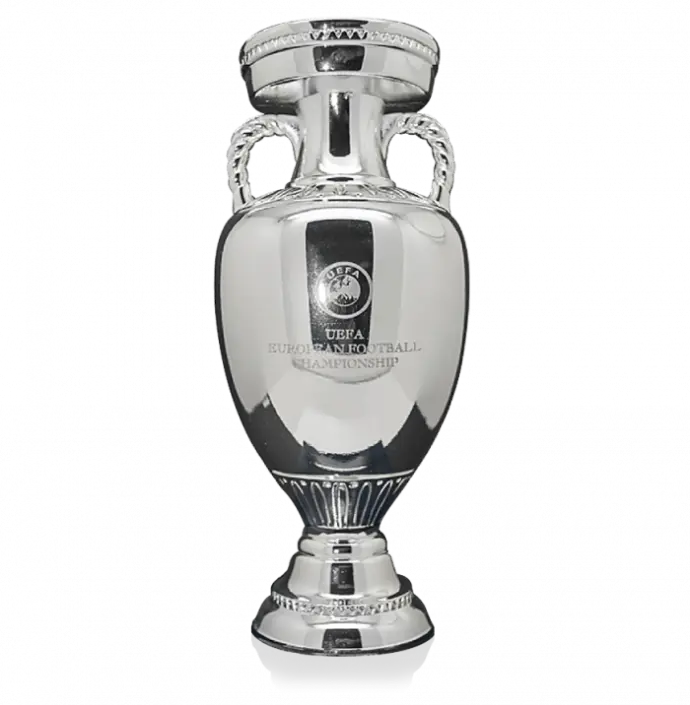
Finalist Euro x1
- 1962 (Yugoslavia)
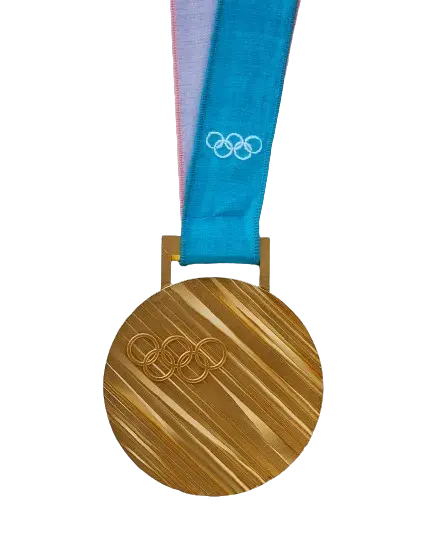
Olympic Gold Medal x1
- 1960 (Yugoslavia)
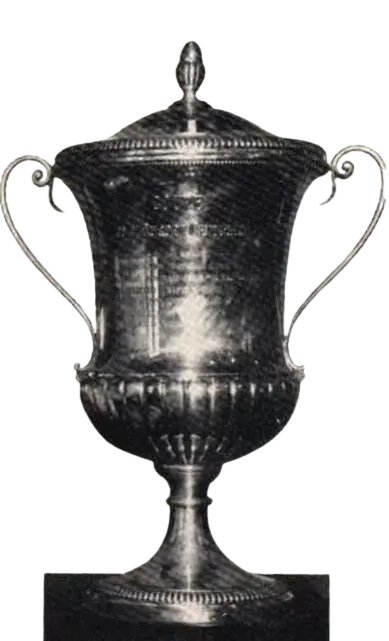
Mitropa Cup x1
- 1958 (Red Star Belgrade)
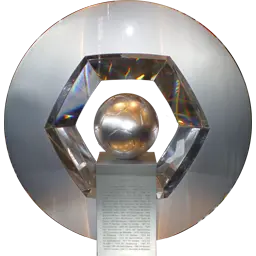
French League x3
- 1968 (ASSE)
- 1969 (ASSE)
- 1970 (ASSE)

Vice-Champion French League x1
- 1971 (ASSE)
Yugoslav League x5
- 1956 (Red Star Belgrade)
- 1957 (Red Star Belgrade)
- 1959 (Red Star Belgrade)
- 1960 (Red Star Belgrade)
- 1964 (Red Star Belgrade)
Vice-Champion Yugoslav League x1
- 1961 (Red Star Belgrade)
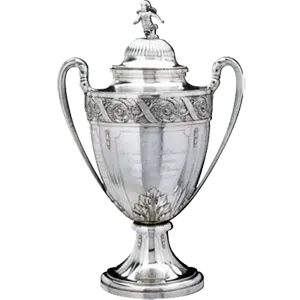
French Cup x2
- 1968 (ASSE)
- 1970 (ASSE)
Yugoslav Cup x3
- 1958 (Red Star Belgrade)
- 1959 (Red Star Belgrade)
- 1964 (Red Star Belgrade)